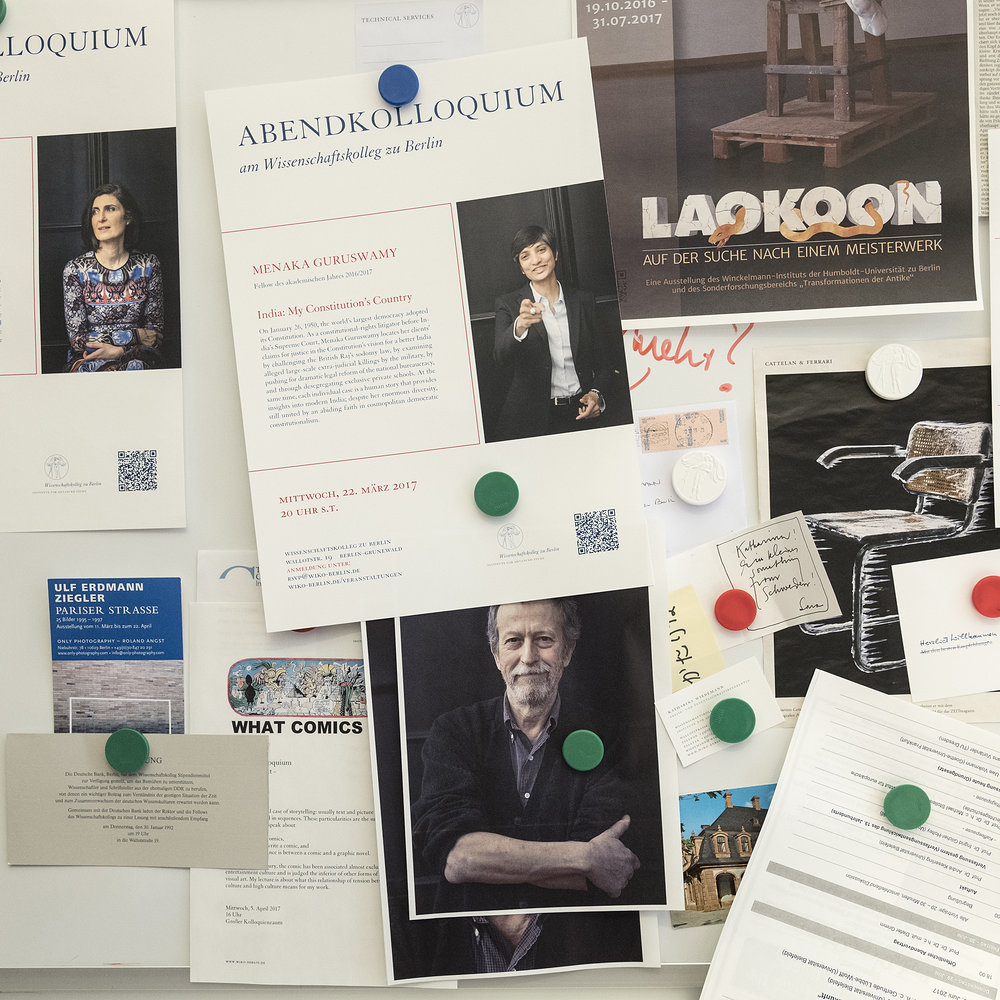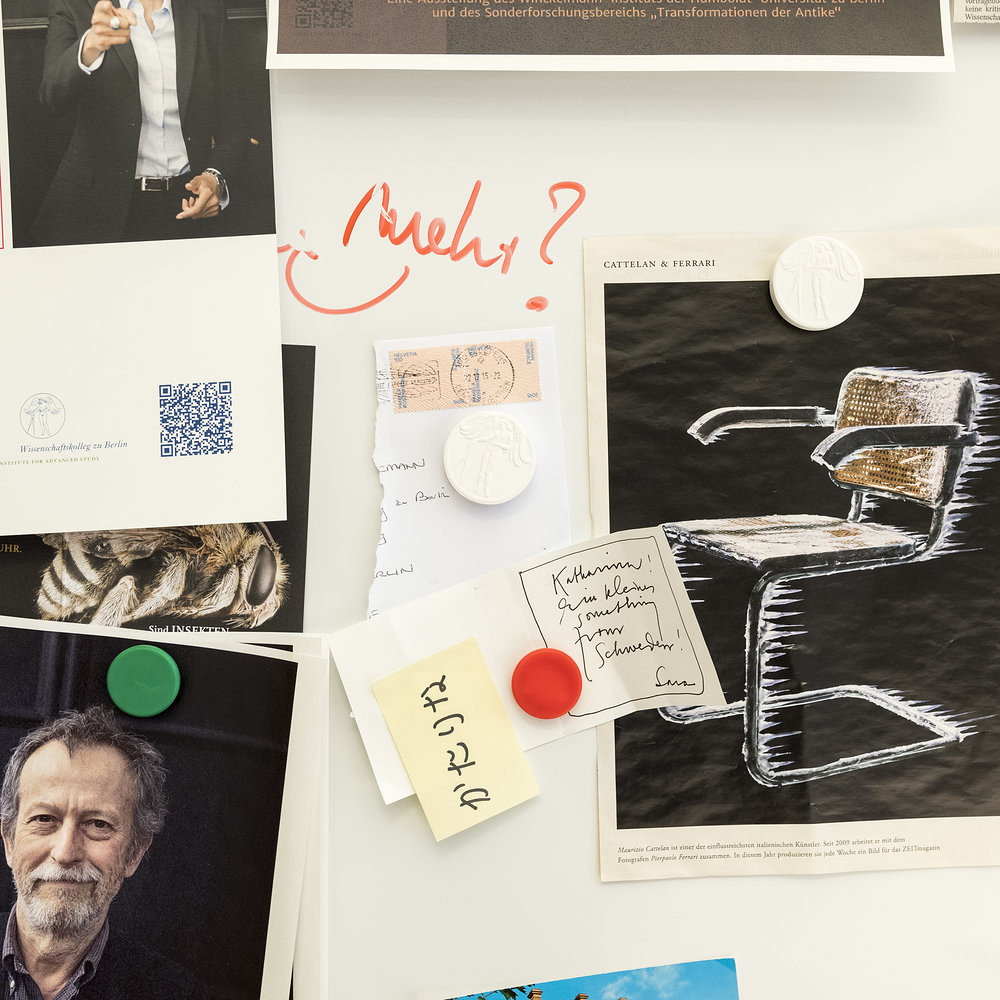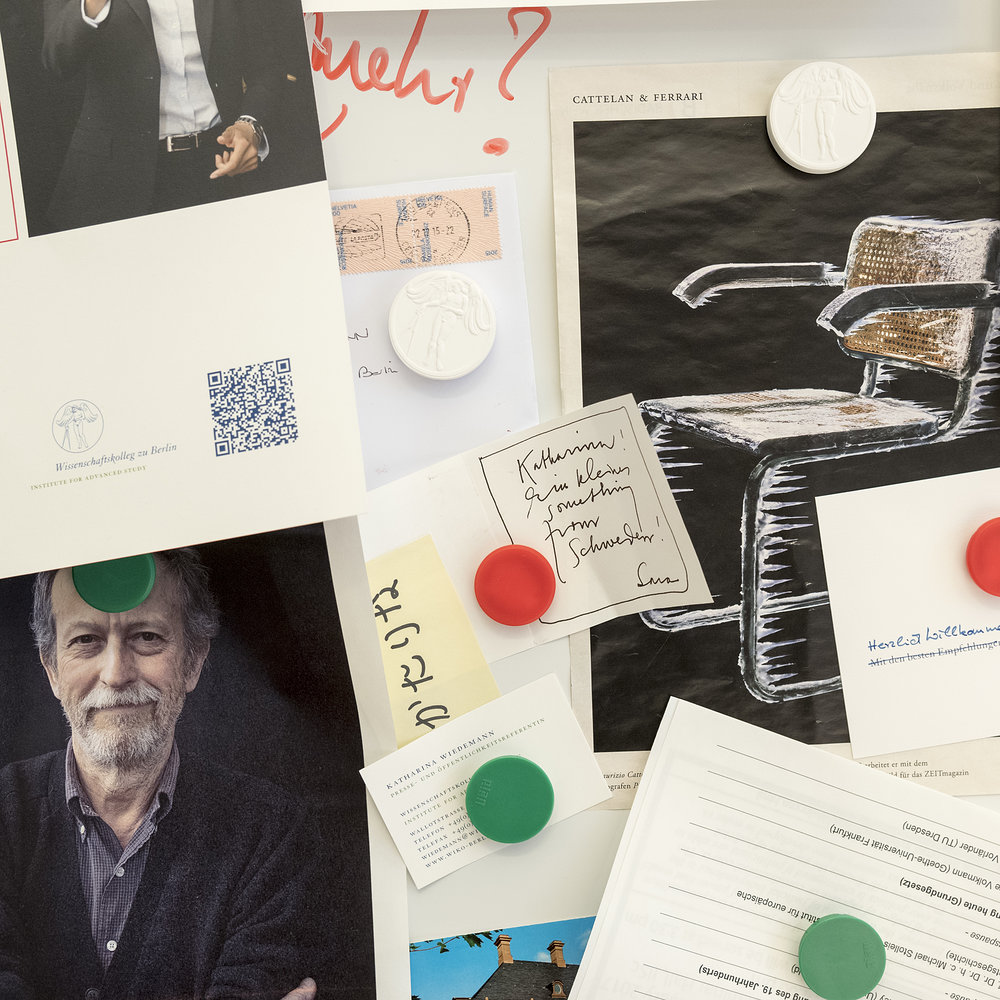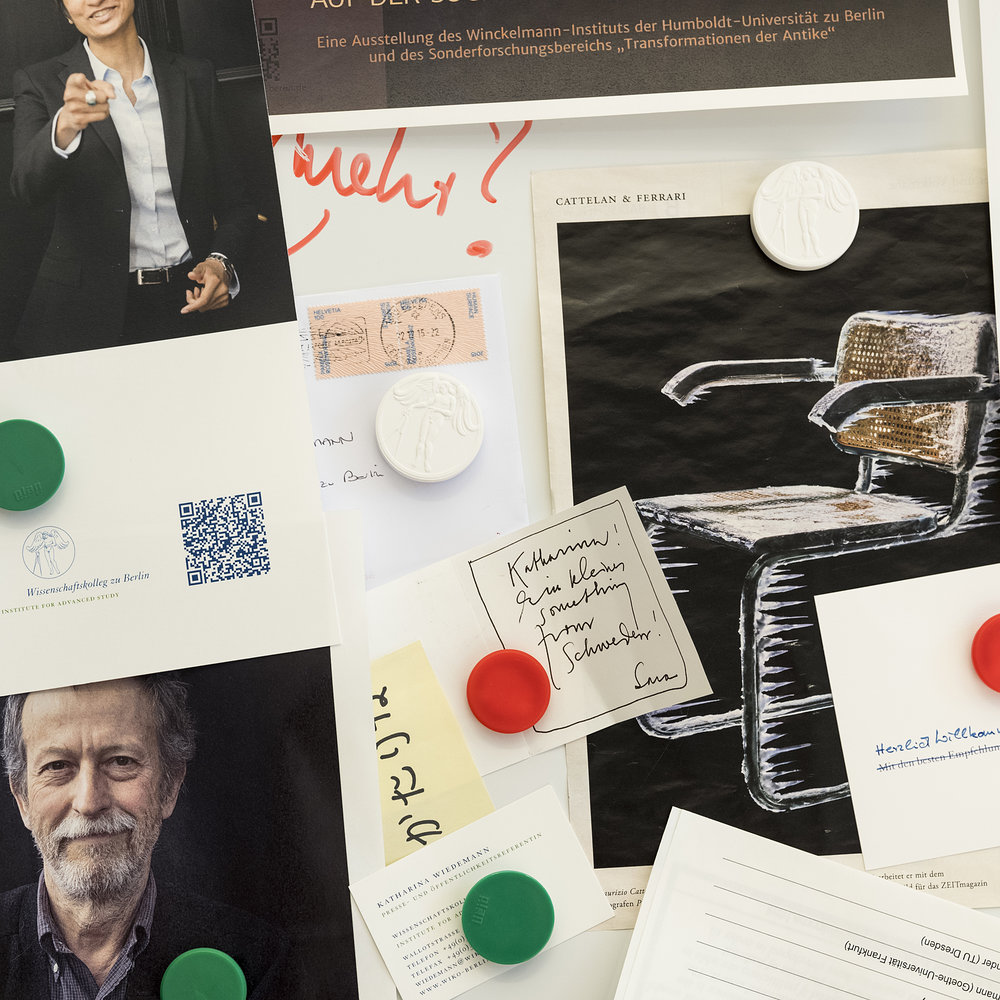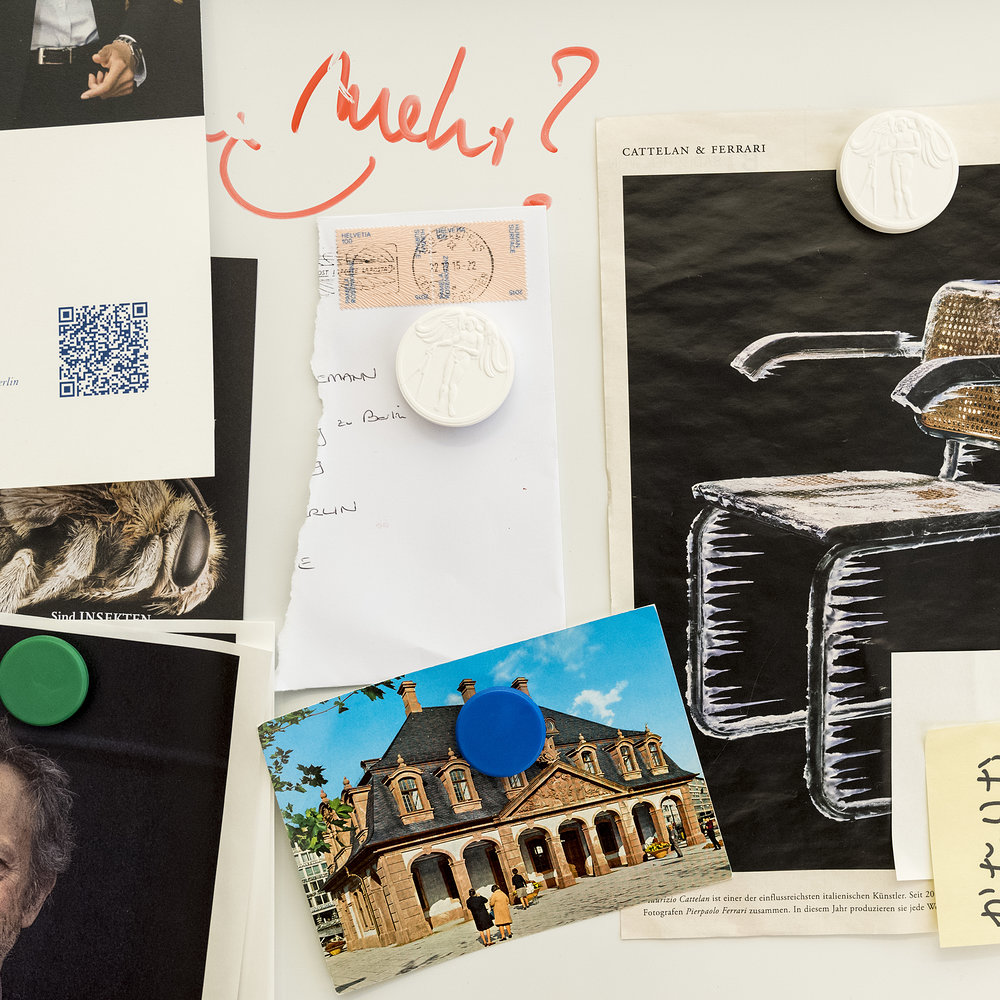Issue 12 / January 2017
Editorial
by Katharina Wiedemann
This is the twelfth issue of Köpfe und Ideen, the Wissenschaftskolleg magazine which appears every year in late spring and affords us a glimpse into the academic year past with profiles of a select group of Fellows and their projects.
Characteristic of the Wissenschaftskolleg is its lack of any research agenda. Its scholars do not answer questions that have been conceived and formulated by the Wissenschaftskolleg; rather they bring their own questions along with them. The Wissenschaftskolleg’s mainspring in extending invitations to certain scholars is a felt curiosity in the curiosity of others, the result every year being a fresh constellation of radically assorted interests that are dissimilar without being unrelated.
In this issue we meet an Iranian-American sociologist as well as a welfare economist from Rio de Janeiro. We make the acquaintance of a German art historian who is preoccupied with a Swedish painter, as well as of a legal scholar and expert on the European Union. The quartet which composes this year’s biology focus group comes near to covering the rest of the planet. To conclude, an American musicologist will share her Berlin-biography while relating her daily bike ride through the city – which one would like to replicate, at least from an acoustic standpoint, were the physical risk not so prohibitive.
Pictured in this issue, all our featured Fellows are seated in a Marcel Breuer cantilever chair. A very comfortable chair, even over extended periods of time, it affords some nice give in the seat while remaining quite stable. And that seat’s free-hanging construct (accentuated in its German name Freischwinger) can easily put one in mind of the Wissenschaftskolleg’s mission – to promote free-thinking in the sciences and humanities, an agenda whose social and political implications cannot be underestimated these days.
